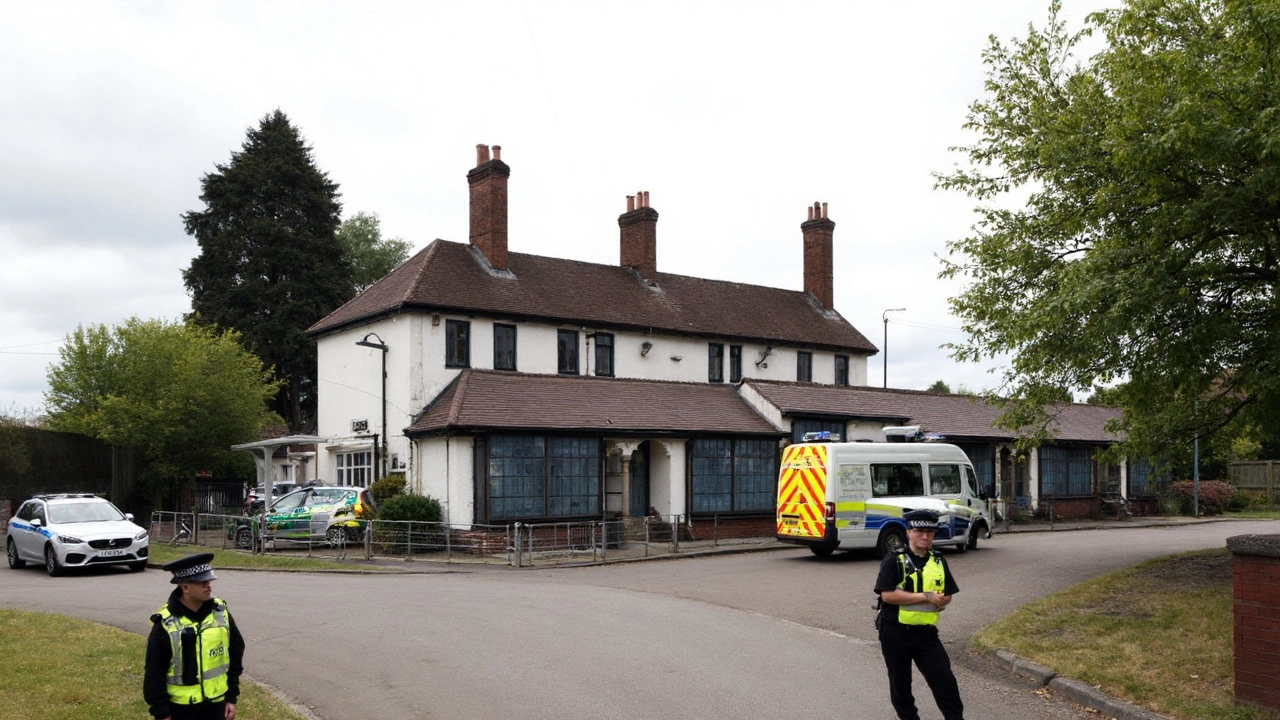Epping Forest Council's High Court Win Sparks Crisis for Labour’s Asylum Seeker Hotel Policy
Council’s Legal Victory Shakes National Asylum Accommodation Plans
A seismic shift just hit the heart of the UK’s asylum accommodation strategy, and it all began in a small Essex town. Epping Forest District Council secured a High Court injunction, forcing The Bell Hotel to stop housing asylum seekers by September 12, 2025. The move isn’t just a local story—it’s threatening to unravel how the government deals with asylum seekers nationwide.
This injunction came after months of community tension erupted into chaos. The spark? A serious allegation against Hadush Gerberslasie Kebatu, an asylum seeker living at the hotel, who’s facing trial over accusations of sexually assaulting a 14-year-old girl. He denies the charges, but the community’s patience quickly snapped. Protests grew, not just in size but in hostility. Demonstrators—locals, far-right figures, and anti-racism counter-protesters—clashed, leaving a mark on the town, the police, and national headlines.
Police arrested at least nine people, and several officers ended up injured. The sense of unease and anger spiraled, with chants like “save our kids” echoing outside the hotel. Suddenly, The Bell Hotel became the poster child for the wider debate about how Britain should house those seeking refuge.

Implications for Government and Other Councils
Epping Forest's council leaned on legal muscle to argue that the situation was out of control—a “feeding ground for unrest,” according to their lawyer, Philip Coppel. They pointed to the “unprecedented levels of protest and disruption” locally and warned that public order was at real risk. The High Court agreed and granted the interim injunction, setting a date for asylum seekers to vacate the hotel.
Home Secretary Yvette Cooper and her team made a last-ditch effort to block the injunction, worried about a tidal wave of similar cases breaking out all over the country. Their lawyer warned the ruling could actually whip up more violent protests, not calm them down. But that argument didn’t fly this time.
The impact was immediate. Broxbourne Council, just over the county line in Hertfordshire, wanted in. Within hours, it started seeking legal advice about staging its own challenge. Reform UK leader Nigel Farage was predictably jubilant, calling the court win a “victory” and hinting his party’s councilors could spark a domino effect in the dozen authorities where Reform UK holds power.
This all puts the Home Office in a very tough spot. Right now, more than 30,000 asylum seekers are stuck living in hotels up and down the UK. These hotels aren’t a luxury—they’re a last resort while the government struggles to create enough housing elsewhere. If other councils start copying Epping’s legal playbook, the whole hotel-based strategy could fall apart fast, leaving thousands with nowhere to go.
The current injunction is a temporary fix—a full hearing in the autumn could turn the tide back in favor of The Bell Hotel and the Home Office. But the political fallout is already swirling. Labour’s approach to migration, already a hot-button issue, is taking heavy fire from all sides. The shadow home secretary is voicing local residents’ concerns, while Reform UK is rallying for more councils to join the legal pushback.
For Prime Minister Starmer and his team, this showdown in Epping is a warning bell insisting that the messy business of asylum isn’t just about borders or bureaucracy. It’s about real-life community tensions, stretched police, angry protesters, and the fragility of a system that so many asylum seekers, hotels, and councils are stuck trying to make work.





